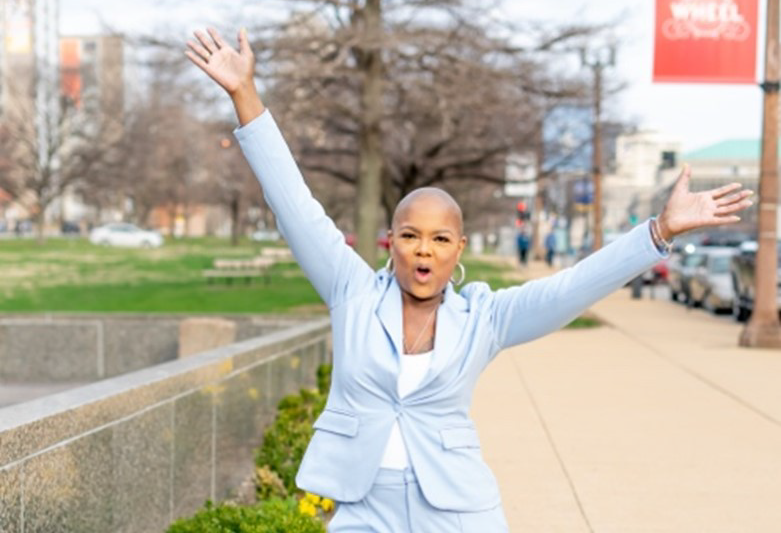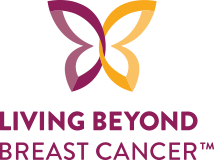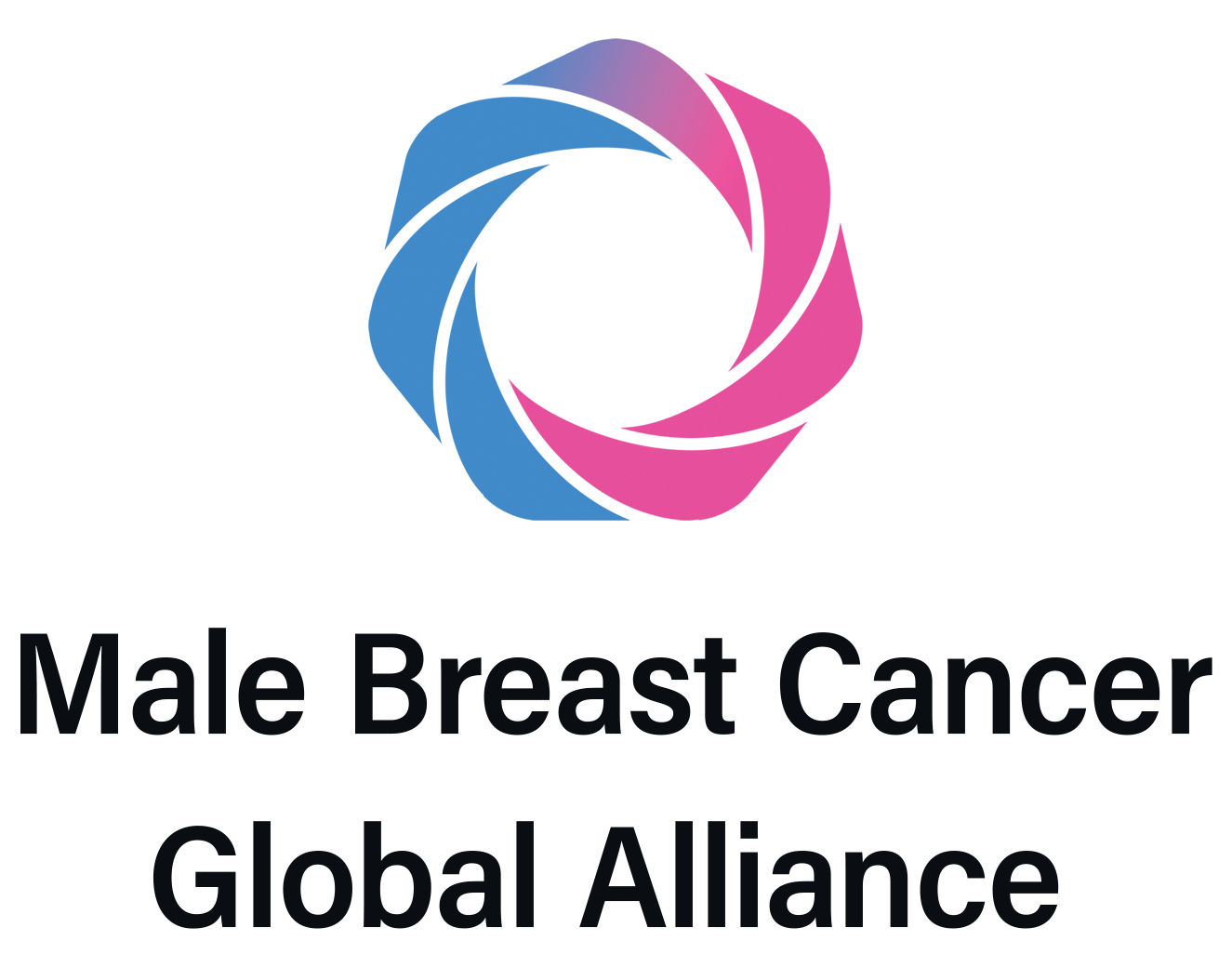My mBC Journey: A Search for Understanding
By Sheila


The moment my life changed
Breast cancer struck at a time in my life when things were going well. It was 2009, I was serving in the United States Air Force and moving to Illinois to further my military career – it was a very exciting time. My goals were centered on purchasing my new home and focusing on my promotion.
Things changed drastically in a matter of seconds with only a few words: "You have breast cancer." My diagnosis - Stage IV HER2+ breast cancer. In that moment, I became one of the six percent of women, diagnosed with de novo metastatic breast cancer, which means my breast cancer had spread outside the breast and regional lymph nodes by the time I was diagnosed.
My diagnosis hit me like a ton of bricks. Stage IV/metastatic breast cancer (mBC) was attacking my body. My life flashed before me - from childbirth to that very day - when I received the news. My first thought was how was I going to have to tell my daughter, who was a sophomore in college at the time. I was heartbroken to share this with her; no parent should have to tell their child they have mBC.
A diagnosis sent me on a search for understanding
When I was first diagnosed, I looked for support from people I could relate to and who knew what I was going through, but I saw only older, white women – not women who looked like me. I was participating in breast cancer walks and wearing pink during October for breast cancer awareness month, but never once did I hear about later stage breast cancer like mine.
I want there to be more awareness of mBC and what living with mBC is like, but what does “awareness” mean if we are not having real, important conversations about mBC? In mBC, the consequences are even more immediate. Even though my mom died of cancer in 2004, I didn’t understand her diagnosis was late-stage breast cancer. I initially thought she died of lung cancer. Though it had spread to her lungs, she died of breast cancer.
And along the way, I got more involved
Getting involved with research advocacy after being diagnosed gave me a different perspective of what awareness truly means. I was only 43 years old and receiving a diagnosis like that was not only heartbreaking, but also very confusing for me.
More money is needed for breast cancer research, but we should also invest more in awareness - and specifically awareness of mBC, which is misunderstood by many. Many patients diagnosed with mBC like me don’t really know or understand what it means. It’s not talked about enough. In my experience, awareness has greatly improved since 2009 when I was diagnosed, but we still have a long way to go.
I have amazing doctors, nurses, and an amazing support system. My goal now is to educate women about breast health and breast cancer and to make sure we black women/men have our rightful seat at the table for clinical trials. Our knowledge of clinical trials and participation can help make a positive impact on the mBC community. My hope is that we get to a point where mBC patients live longer. LIVE and don’t let cancer destroy your HOPE. No matter how cancer tries to dictate your life (because it will) remember each day belongs to you.










